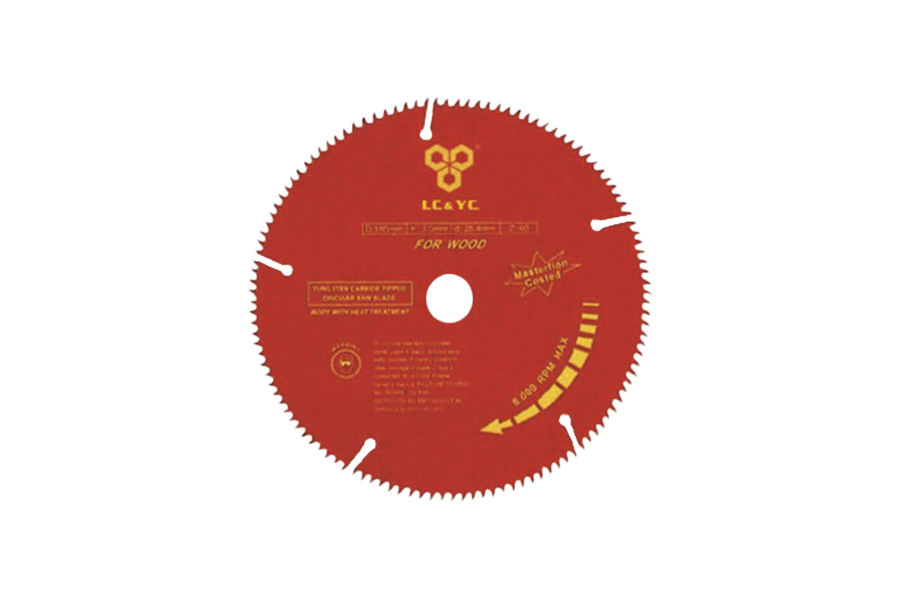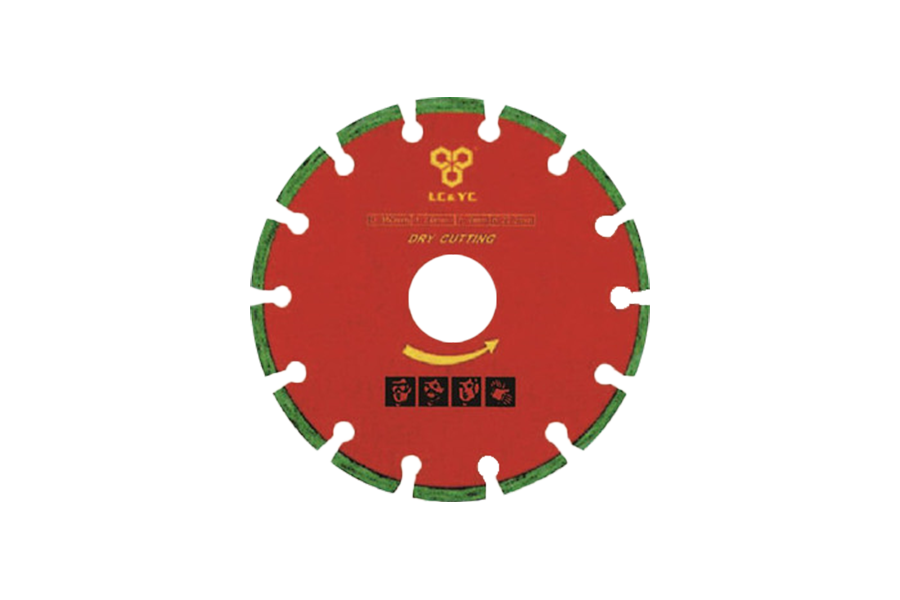HSS drill bits are a great choice for drilling into metal. They are often coated with titanium and black oxide to prevent corrosion.
Cobalt drill bits are extremely strong and can be operated at higher temperatures than regular HSS drills. They are able to cut through hardened and abrasive materials such as stainless steel.
High-Speed Steel
HSS bits are hardwearing, heat resistant, and capable of drilling metal and hardwood at higher speeds than carbon steel drill bits. They are durable and can be used repeatedly, although they may require sharpening or replacement.
While most HSS bits can be used for wood, a more durable bit that is better suited to cutting hard materials like metal and steel is tungsten carbide masonry bit. These bits can withstand hammering and percussive action without wearing out, making them perfect for working with concrete and block.
Cobalt is a high-grade material with good impact toughness and wear resistance, but it is also more expensive than standard HSS. It’s often mixed with other alloys for use in tools like twist drills, saw blades, and wire saws. A good quality cobalt bit’s cutting edge lasts longer than a conventional HSS bit, but they can be fragile if not treated carefully or dropped. A coating like black oxide or titanium nitride can extend the life of a cobalt drill bit.
This set of quality workshop bits has sizes ranging from 1-13mm, it is suitable for hand and machine drilling. They are made from high quality HSS, which is a durable metal tool steel. They are also nickel and chromium coated to ensure they stay sharper for longer. They have a split point design with a 135 degree angle which provides accurate starting without the need for a center punch.
These metal drill bits are great for drilling through wood, some metals and plastic. They are sturdy and hardwearing, and they can withstand higher RPMs than other types of drill bits. They also have a larger concentration of chrome and nickel, which makes them more heat resistant than standard HSS.
Colt’s marketing video does not quite do these bits justice, they are a precision tool that needs to be used in a thoughtfully controlled manner to leverage their performance fully. They are not suited to the sort of wallering that you would see in a power-drill, and if you exert excessive down pressure they will simply overheat and erode rapidly.
A type of HSS drill bit, these are often used in hand drills and brace tools. They can be either straight or reduced shank. A chuck or screw threads holds the bit in place during use, and can be tightened or loosen as necessary to ensure that it stays secure during operation.
Also called an installer bit, this has a long flexible shaft up to 72 inches (1.8 m) and a twist bit at the end. It can be flexed to reach hard-to-reach spaces, such as behind a light switch or other electrical box, and then twisted into the hole to cut out the stud.
Cobalt HSS bits are able to withstand high temperatures. They can be used to cut metals and steel, especially in weld seams. They can be operated for long periods without cooling or the need for cutting fluid. They are usually available in a wide variety of diameters and cutting face geometries.
When drilling metals like stainless steel, or even harder ones like titanium, standard HSS won’t cut the way you need it to. For these situations you need cobalt or molybdenum drill bits.
These are made of steel or another alloy mixed with a percentage of cobalt, typically 5 – 7%. The addition of this element makes these drill bits stronger and able to operate at higher speeds than standard HSS. Cobalt also has a high melting point which means that the drill bits can be used at incredibly hot temperatures.


 English
English
 中文简体
中文简体
 Español
Español
 عربى
عربى












